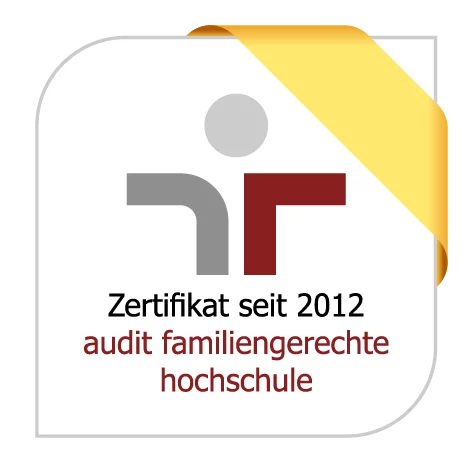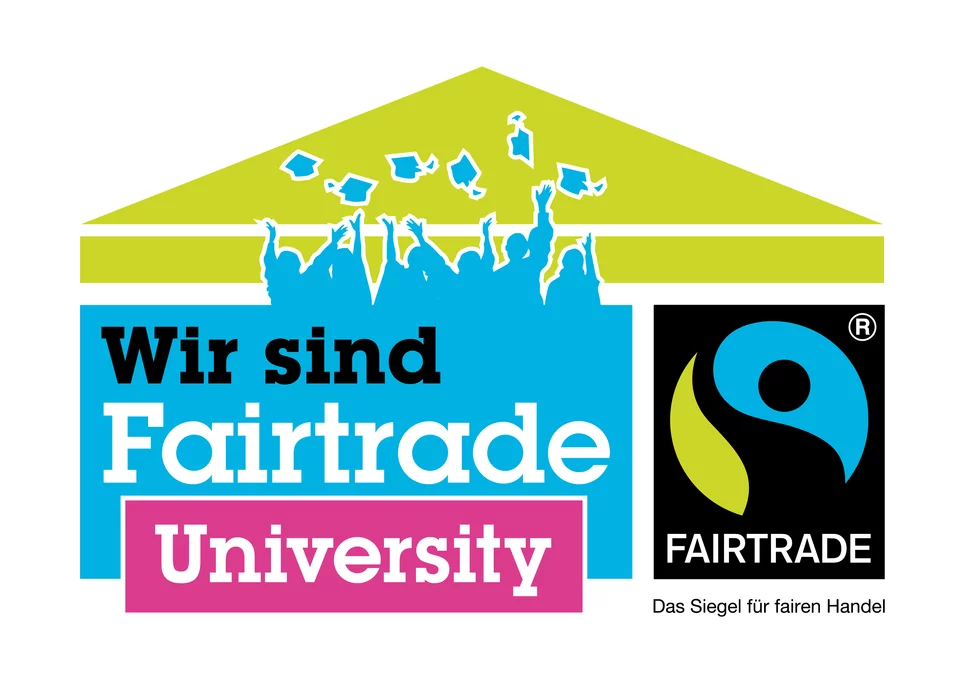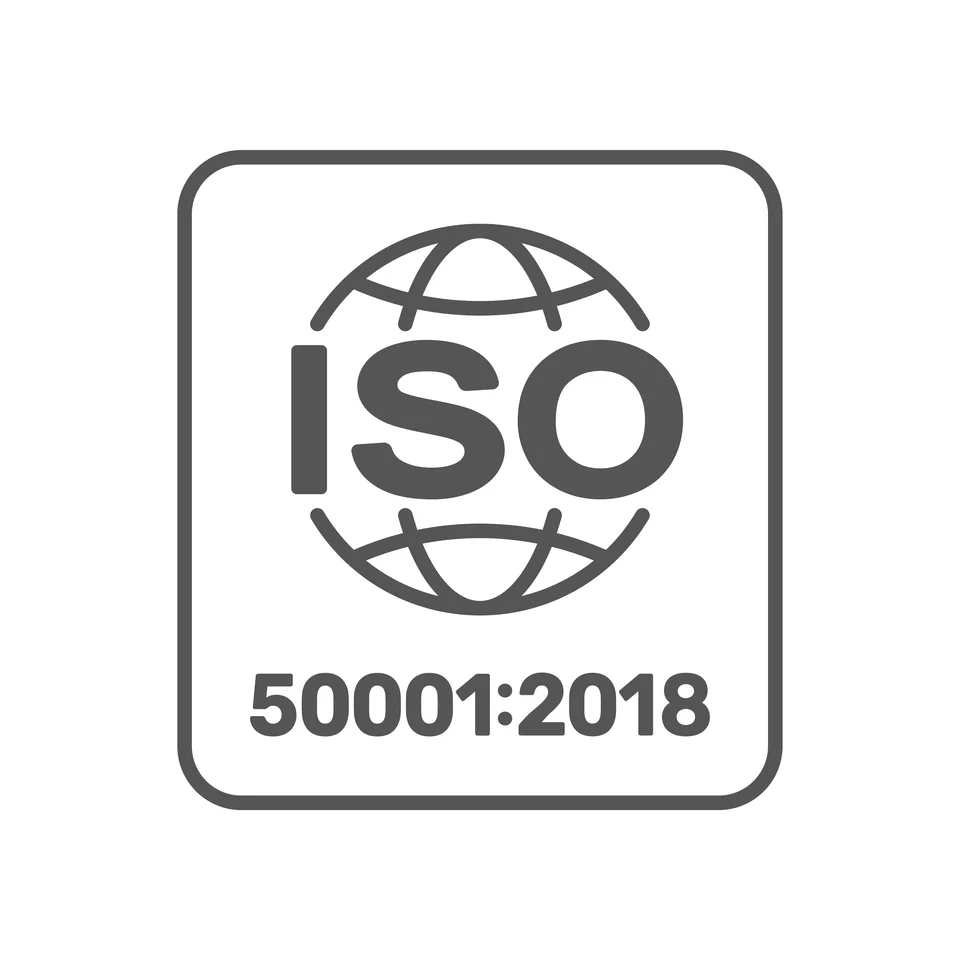Don’t rush to climb up the ladder
News
“Don’t rush to climb up the ladder” – Guest Professor Lisbeth Claus from Willamette University, USA
Dr. Lisbeth Claus, Professor Emerita of Management and Global HR, Willamette University, taught a Master’s level leadership course as a Visiting Professor at Hochschule Pforzheim (winter 2021). In an interview with student reporter Ronja Baier, she talks about the challenges of Covid-19, how the pandemic influences her field, and gives some advice to our students.
Prof. Claus, why did you decide to teach at our Business School?
About five years ago, I saw a post on the Pforzheim University website for a professor of international human resource management. Although I wasn’t interested in the position, it caught my interest because so few schools teach international human resource management. As many companies are global it is, obviously, a very important HR subject matter. About a year later, one of my students at Willamette University had to go back to Germany but she didn’t want to interrupt her MBA studies. I told her about a great MBA program in Pforzheim that is very similar to ours. She was accepted and I became part of her master’s thesis committee. I went to Pforzheim, visited the Business School, met the people and was immediately charmed. A few months later before I retired from Willamette University, I reflected on the fact that I love teaching, I didn’t really want to stop but wanted more flexibility. I contacted the dean and got involved as a visiting professor.
Here in Pforzheim, you teach a course on “leadership” – a very important topic in today’s world.
This leadership course is a combination of theory and practice. While it fits the rigor of a graduate-level course, I also run it as a MasterClass combining my personal work experience with the more theoretical subject matter. Having worked for 48 years on different continents with employers in all sectors, I share my personal experiences with the students and use my failures as well as my successes as lessons learned. I also provide student coaching in the development of their personal leadership development plan. I think they really appreciate the feedback on their reflective exercise. I more and more realize the many struggles that students are going through today. Covid-19 required schools to switch to online learning where students lack face-to-face interaction with their teachers and their co-students. The pandemic also produced additional stress for university students in integrating work and life, and dealing with uncertainties about their future. So in the middle of the semester, I focused more on building resilience and the things we can personally do to be more resonant such as better time management, sleeping, exercising, having a proper diet, maintaining good social connections, and keeping on learning. There is definitely a certain ‘angst’ we currently all experience. I often tell my students when they are discouraged, later in your life when people will ask you, “What did you during the pandemic?” you will be able to say “I got my degree”. That is a fantastic accomplishment during uncertain times, to focus on developing yourself for your future career, your future life and happiness.
How did the pandemic influence leadership theories and global HR?
Recently, I published an academic article on whether we need a new leadership paradigm because of the pandemic. We don’t really need a new paradigm but we have a new leadership context where certain leadership qualities emphasized in postmodern leadership theories have become more important. First, leaders have to be able to make decisions under uncertainty and ambiguity. Second, leaders have to have a certain amount of humility. They don’t have all the answers, so they have to enable others at all levels to contribute to the answers. Third, they have to let go of control. That’s huge especially in large power distance cultures. To let go of control, they must trust others and empathize with the needs of their team members. Empathy requires active listening and a lot of leaders don’t have that skill. Finally, leaders need to build resilience in others and in their organization for which they need first to develop their own resonance. The pandemic has reinforced the important role HR plays for people and organizations. The forced lockdown created a giant experiment in work-from-home requiring a different styles of managing and leading. Companies suddenly have to pay more attention to the overall wellbeing of their workers from their physical to mental health. To what extent remote work is here to stay still remains to be seen. While not all employees want to work entirely remotely, the proverbial ‘9 to 5’ grind and long commutes to the workplace now seem archaic to workers who have successfully navigated working remotely. These same workers are now demanding greater work flexibility and work-life integration from their employers. Many companies and HR departments still have to figure out how flexible they can (and want to be) with regard to flexible work arrangements when the pandemic turns into an endemic disease.
In 2016, the HR Roundtable/Global HR Consortium created an annual “Lisbeth Claus Trail Blazer Award” to honor your dedication to the development of the global HR profession around the world. How does it feel to have an award named after you?
It feels very humbling and I'm very grateful for it but, sometimes, it feels a bit post mortem to have an award named after me! At the Annual Global HR Conference in Seattle, we bestow the award to younger people. We identify emerging leaders in the profession who are trail blazers in their HR work. They fight for things in their organization, often at the expense of their own career. They let people have a voice, are an ally for their employees while making sure their companies have the talent needed for business sustainability. We want to reward these HR professionals with honor and recognition. The award also reinforces me to continue to coach the younger generation entering and working in the field of HR.
Is there any advice you would like to give to our students?
First, realize that work and life are integrated, don't compartmentalize it. Second, don't rush to climb up the ladder but enjoy the current stage for a while because you will have to work for a very long time. So don't rush and burnout by the time you're 40 years old. Don't focus so much on your work that you forget your relationships with people. Don't neglect your connections. Networking is not a one-way street (what can I get from you?) but it is a shared experience where we support and coach each other rather than compete. Building that social capital is very important. Finally, don't forget to do the things you dream of doing. So, take some time-out once in a while, use those voluntary and involuntary disruptions in your 40 to 50-year career for reinvention and re-create yourself as well as have true recreation. I always send off my students saying “May you always enjoy your work so that it won’t feel like work”. That’s a blessing I’ve enjoyed.
Thank you very much, Professor Dr. Claus.
Willamette University is a private university located in the Pacific Northwest (Salem and Portland, Oregon, USA). Founded in 1842 it is the oldest university in the West. The university has 1,800 students enrolled in 69 undergraduate and 25 graduate programs. The Atkinson Graduate School of Management (MBA) prepares for careers in business, public and non-profit sectors around the world.




